Mrauk-U Youths Association-MUYA ၏ (၄)ကြိမ်မြောက်ညီလာခံအခမ်းအနားဂို ၂၉.၁၂.၂၀၂၄ နိန့်မှာအောင်အောင်မြင်မြင်နန့်ကျင်းပပြီးစီးလားဗျာလ်ဖြစ်ပါရေ


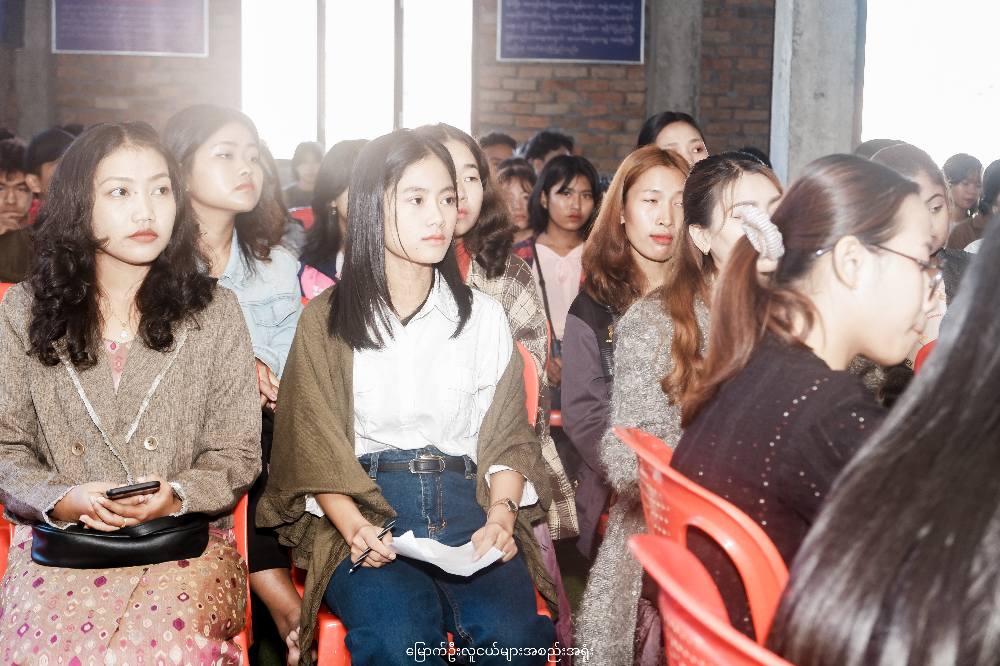


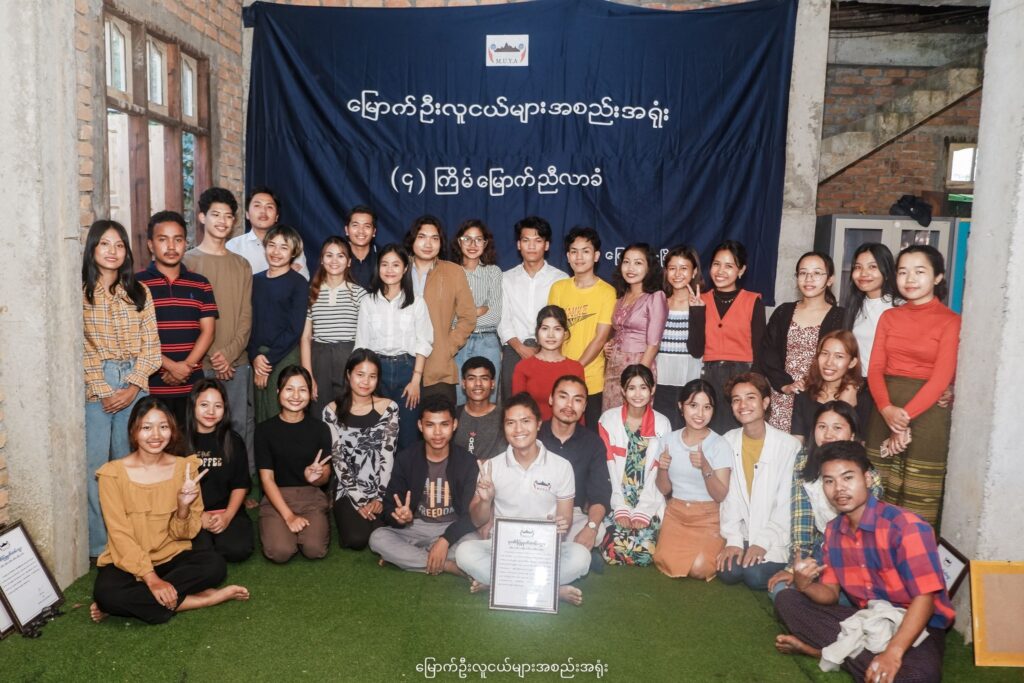


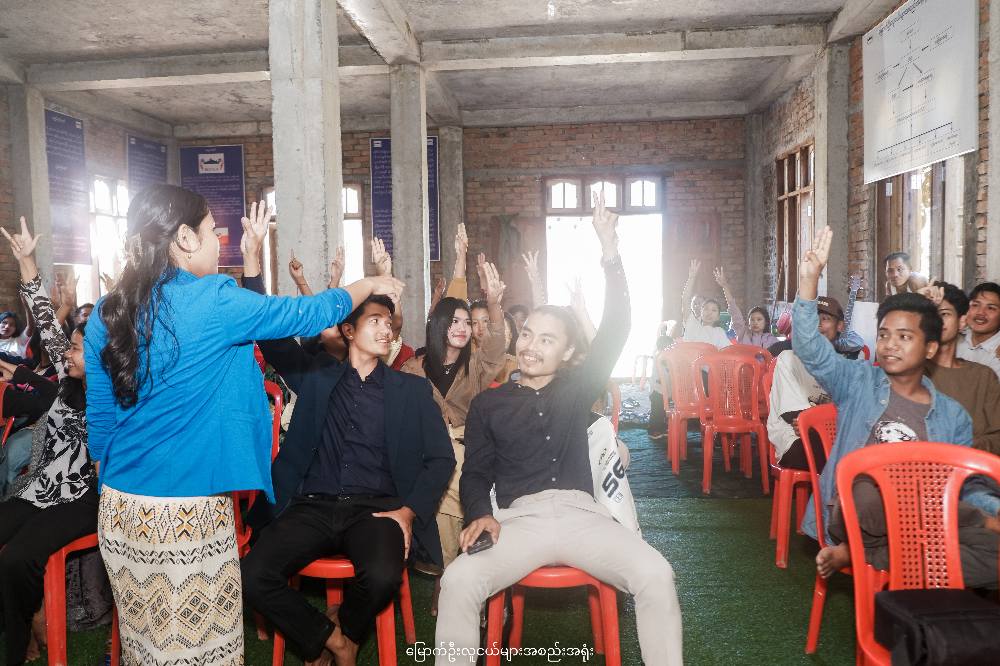






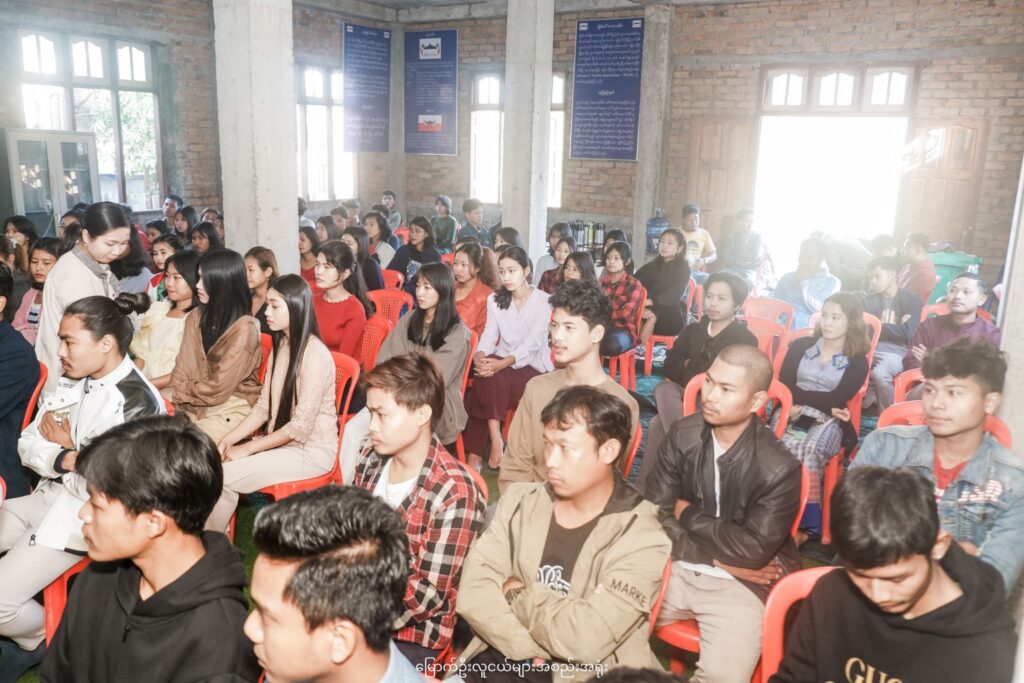
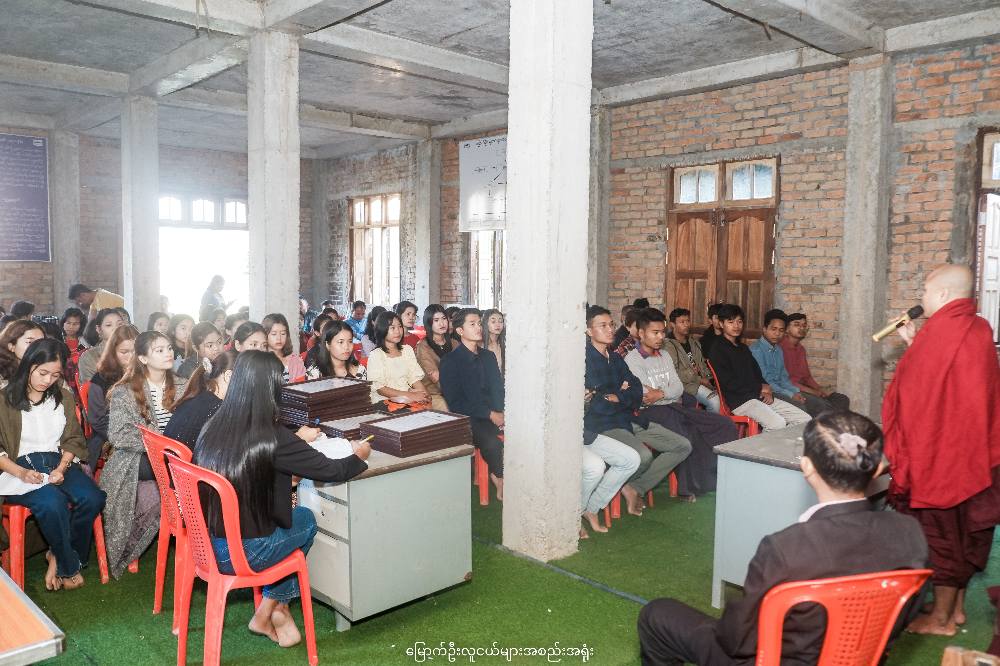







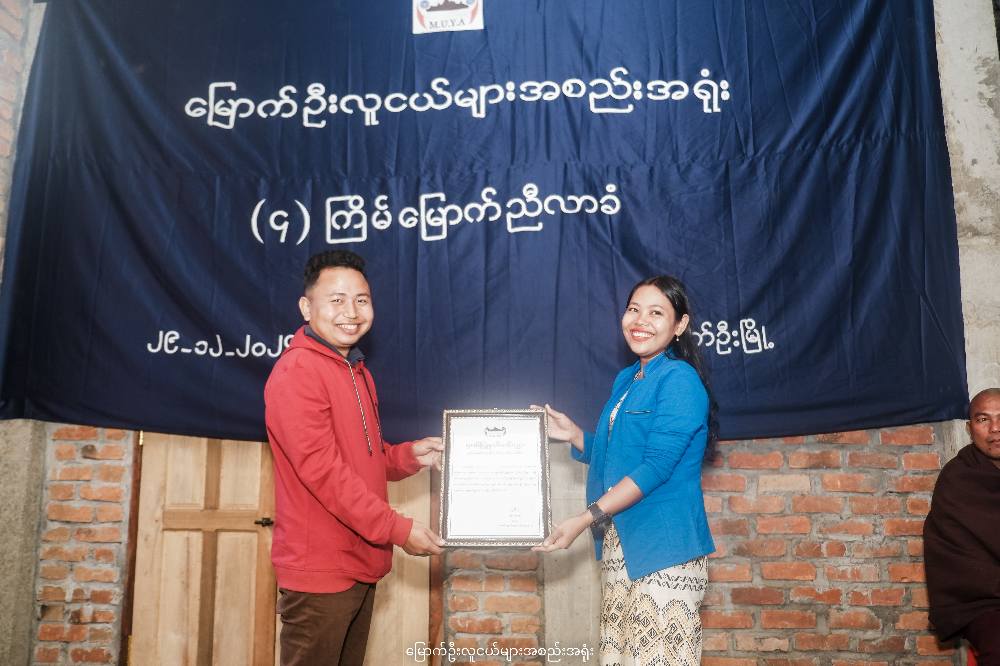






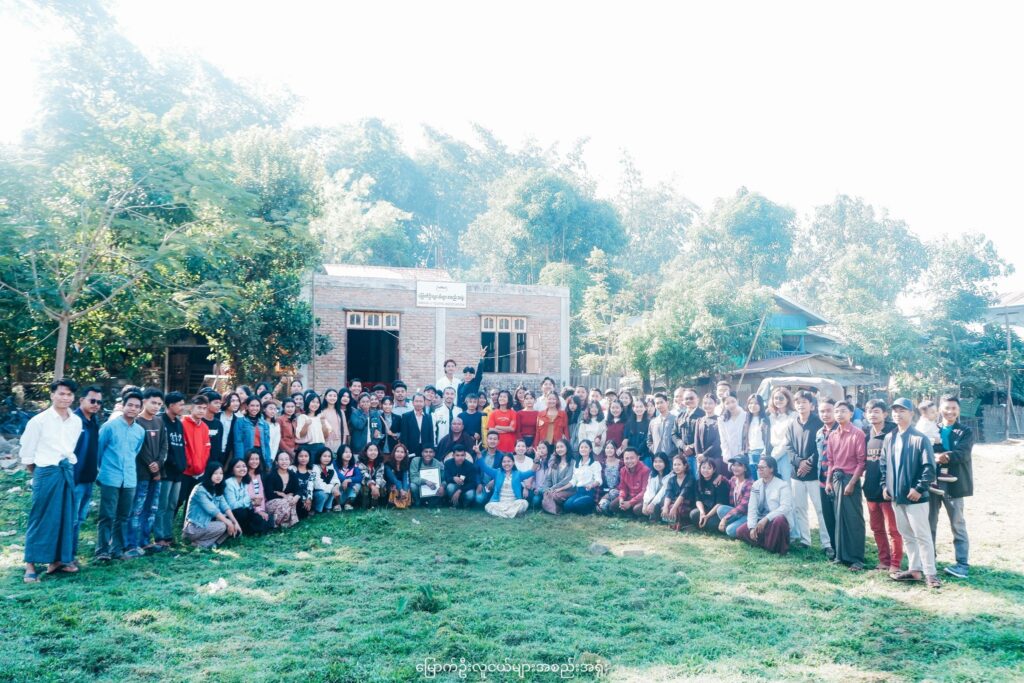


Mrauk-U Youths Association-MUYA ၏ (၄)ကြိမ်မြောက်ညီလာခံအခမ်းအနားဂို ၂၉.၁၂.၂၀၂၄ နိန့်မှာအောင်အောင်မြင်မြင်နန့်ကျင်းပပြီးစီးလားဗျာလ်ဖြစ်ပါရေ


































In contemporary society, the role of youth leadership has gained unprecedented significance. Young leaders are essential for fostering innovation, driving change, and promoting sustainable development within their communities. As the architects of their own futures, today’s youth possess unique insights and perspectives that can significantly influence the direction of societal progress.
Nurturing leadership qualities in young individuals is paramount for crafting a resilient community. Engaging young people in leadership roles encourages them to contribute actively to societal issues, thereby fostering a sense of responsibility and ownership. This stage of development is vital, as it not only equips them with essential skills but also empowers them to become proactive participants in cultivating a thriving civil society. By instilling leadership capabilities early, communities build a strong foundation for future generations, ensuring a continuous flow of innovative ideas and solutions.
Moreover, empowered youth have already demonstrated their potential to instigate positive changes across various spheres, including education, environmental advocacy, and social justice. For instance, many youth-led organizations have emerged, championing causes that address critical challenges such as climate change and inequality. Their contributions extend beyond mere participation; they actively shape policies and influence public sentiment, showcasing that they are not just passive observers but key stakeholders in the decision-making process.
The connection between youth engagement and community success is evident. When young leaders are given the platform to express their views and put their ideas into practice, they not only enhance their capabilities but also invigorate the community. Their visions for a better tomorrow can pave the way for transformative initiatives, underscoring the idea that today’s youth are already making impactful contributions, thus affirming their vital role in our collective future.
Leadership is a multifaceted skill that can be developed through specific behaviors and practices among youth. Cultivating leadership qualities requires a focus on essential skills such as communication, teamwork, and critical thinking. Effective communication is vital, as it enables young leaders to articulate their ideas clearly and inspire others. Participating in group activities fosters teamwork, teaching youth how to collaborate toward shared goals, which is a fundamental aspect of leadership. Additionally, critical thinking equips them with the ability to analyze situations and make informed decisions, further enhancing their leadership effectiveness.
Mentorship and role modeling also play a crucial role in developing leadership among young people. Having access to mentors who can offer guidance and share their experiences empowers youth to navigate challenges more effectively. Role models can inspire young individuals to adopt positive behaviors by demonstrating resilience and ethical practices. Learning from the experiences of others helps youth understand the responsibilities associated with leadership and the impact their actions can have on their communities.
Moreover, various mechanisms can assist youth in enhancing their leadership capabilities. Educational programs that emphasize leadership development incorporate both theoretical and hands-on experiences. Community involvement offers practical applications of leadership skills, creating opportunities for volunteering and civic engagement. Personal development initiatives, such as workshops and leadership courses, provide essential training and self-awareness. Creating a supportive environment is also critical; youth thrive when they feel encouraged to demonstrate positive behavior and effort.
By investing in these practices and resources, society can nurture a generation of effective leaders. As youth develop these leadership qualities, they become equipped to contribute positively to society, paving the way for a peaceful and prosperous future.
Youth leadership plays a pivotal role in shaping a prosperous future, as young individuals stand at the forefront of societal change. Empowering today’s youth to assume leadership positions is essential for cultivating a proactive and engaged community. By harnessing their unique perspectives, creative problem-solving abilities, and innovative thinking, young leaders can effectively address the complexities of modern society. Their involvement in leadership activities not only equips them with the necessary skills but also fosters a sense of responsibility towards their communities.
The impact of youth-led initiatives serves as a testament to the potential of engaged young individuals. For instance, various movements advocating for environmental sustainability, social justice, and mental health awareness have emerged from youth-led platforms. Organizations like Fridays for Future, spearheaded by young climate activist Greta Thunberg, showcase how motivated youth can rally global attention towards pressing issues. Such initiatives highlight the direct correlation between youth engagement and meaningful societal progress.
Additionally, fostering leadership skills among youth contributes to the emergence of effective leaders who are capable of driving positive change. By investing in programs that teach critical thinking, collaboration, and communication, communities can nurture the qualities that define strong leadership. This investment yields dividends, as young leaders bring fresh ideas and diverse perspectives to the decision-making table, enriching discussions that ultimately lead to innovative solutions for contemporary challenges.
Moreover, encouraging youth participation in leadership roles cultivates a culture of inclusivity and empowerment. As young individuals assume responsibility, they inspire their peers and create a ripple effect that encourages widespread civic engagement. Through mentorship programs and collaborative projects, today’s youth not only develop their leadership potential but also contribute to a more vibrant and sustainable future. The path forward is clear: empowering youth leadership today will undoubtedly shape a brighter tomorrow for all.
In an era characterized by rapid change and increasing complexity, it is paramount to cultivate leadership skills among the youth. This can be achieved through several practical strategies aimed at empowering young individuals to emerge as effective leaders within their communities. One of the most effective approaches involves the establishment of mentorship programs. Mentorship pairs young people with experienced leaders who can offer guidance, support, and insight into the nuances of leadership. Such relationships foster the transfer of valuable knowledge and skills, helping youth to develop self-confidence and a stronger sense of purpose.
Community involvement is another critical avenue for enhancing leadership capabilities. Engaging in local projects and initiatives not only allows youth to actively participate in societal issues but also teaches them the importance of collaboration, communication, and problem-solving. By participating in these projects, young leaders can learn how to mobilize resources and inspire others while experiencing the practicalities of leadership. Schools and organizations should encourage students to take on leadership roles in community service, volunteer programs, and civic engagement activities.
Furthermore, creating educational opportunities that focus specifically on leadership training is essential. Institutions can incorporate programs that emphasize critical thinking, conflict resolution, and emotional intelligence into their curricula. Workshops, seminars, and extracurricular activities can serve as platforms for young individuals to practice and refine their leadership skills. Importantly, an environment that nurtures initiative and responsibility is crucial. By fostering a culture of encouragement, where youth are supported in taking risks and pursuing their ideas, society can groom the next generation of leaders. Best practices and successful models from around the globe, such as youth councils and leadership camps, should be studied and adapted to local contexts. These strategies collectively serve to empower today’s youth to navigate future challenges and contribute positively to a sustainable and inclusive society.
ခေတ်စနစ်ကို ရင်ဘောင်တန်းနိုင်ပြီး အကျင့်စာရိတ္တကောင်းမွန်သော အဖွဲ့အစည်းနှင့် နေထိုင်တတ်သည့်လူငယ်ထုတစ်ရပ်တည်ဆောက်နိုင်ရေးသည် ငြိမ်းချမ်းသာယာဖွံ့ဖြိုးသော ရခိုင်ပြည်ကြီးဖြစ်ပေါ်လာရေးအတွက် အသက်သွေးတမျှအရေးကြီးသည်ဟု လက်ခံယုံကြည်သည်။
ခေတ်စနစ်ကို ရင်ဘောင်တန်းနိုင်ပြီး အကျင့်စာရိတ္တကောင်းမွန်သော အဖွဲ့အစည်းနှင့် နေထိုင်တတ်သည့်လူငယ်ထုတစ်ရပ်တည်ဆောက်နိုင်ရေးသည် ငြိမ်းချမ်းသာယာဖွံ့ဖြိုးသော ရခိုင်ပြည်ကြီးဖြစ်ပေါ်လာရေးအတွက် အသက်သွေးတမျှအရေးကြီးသည်ဟု လက်ခံယုံကြည်သည်။
© 2025 Mrauk U Yoiuths AssocIation. All Rights Reserved